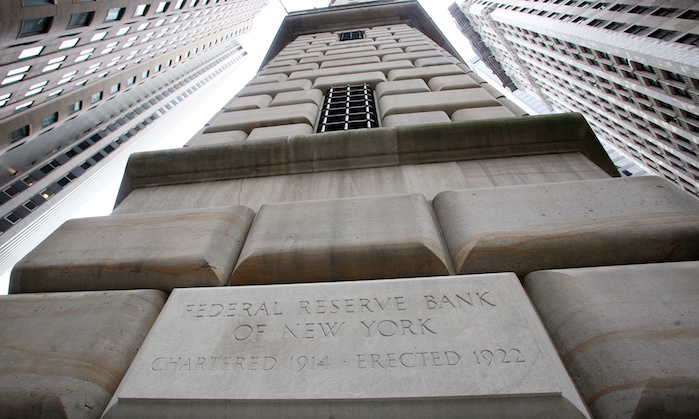
Rohit Bansal and his source Jason Gross, who at the time of the leak was an employee at the Federal Reserve Bank of New York, will accept a plea deal from federal prosecutors under which they could go to prison for up to a year, the New York Times reported.
Federal prosecutors are preparing to announce criminal charges against the banker this week, Rohit Bansal, and an employee of the regulator Mr Gross.
“The outcome partly reflects their low-level rank on Wall Street. Bansal, who was 29 at the time, was an associate at Goldman,” the report said.
The Federal Reserve is also expected to permanently bar Mr Bansal from the banking industry, the report quoted a person briefed on the matter as saying.
The report said that it is “rare” for a Wall Street banker to face criminal charges. Not a single Wall Street chief executive was charged after the financial crisis even as bankers or traders have faced charged in a few investigations.
Under the planned deal, Goldman would not face criminal charges but would pay a fine of as much as $50m. The settlement would also force Goldman to take the rare step of acknowledging that it failed to adequately supervise Mr Bansal “thrusting the bank back into the spotlight just as it was beginning to overcome a popular image as a firm willing to cut corners to turn a profit,” it said.
A spokesman for Goldman said: “Upon discovering that a new junior employee had obtained confidential supervisory information from his former employer, the Federal Reserve Bank of New York, we immediately began an investigation and notified the appropriate regulators, including the Federal Reserve.
“That employee and a more senior employee who failed to escalate the issue, were terminated shortly thereafter. We have zero tolerance for improper handling of confidential information. We have reviewed our policies regarding hiring from governmental institutions and have implemented changes to make them appropriately robust,” added Goldman Sachs.
Mr Bansal had previously spent seven years as a regulator at the New York Fed and after he joined Goldman in July 2014, he was assigned to advise one of the banks he previously regulated, a midsize bank in New York, the report said.
It alleged that soon Mr Bansal received government information about that bank from Gross, a former colleague who was still working at the New York Fed.
In addition to the fine and the admission that it failed to supervise Mr Bansal, Goldman will accept a three-year suspension from conducting certain consulting deals with banks in New York State.
When Mr Bansal left the Fed to join Goldman, he was the “central point of contact” for certain banks.
At Goldman, he joined a unit within the investment bank that advises other financial institutions on mergers and other deals, a role that presented him with a potential conflict of interest, the report said.




Be the first to comment